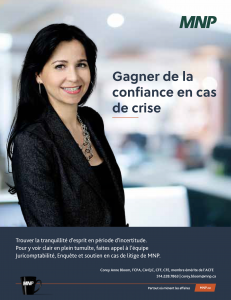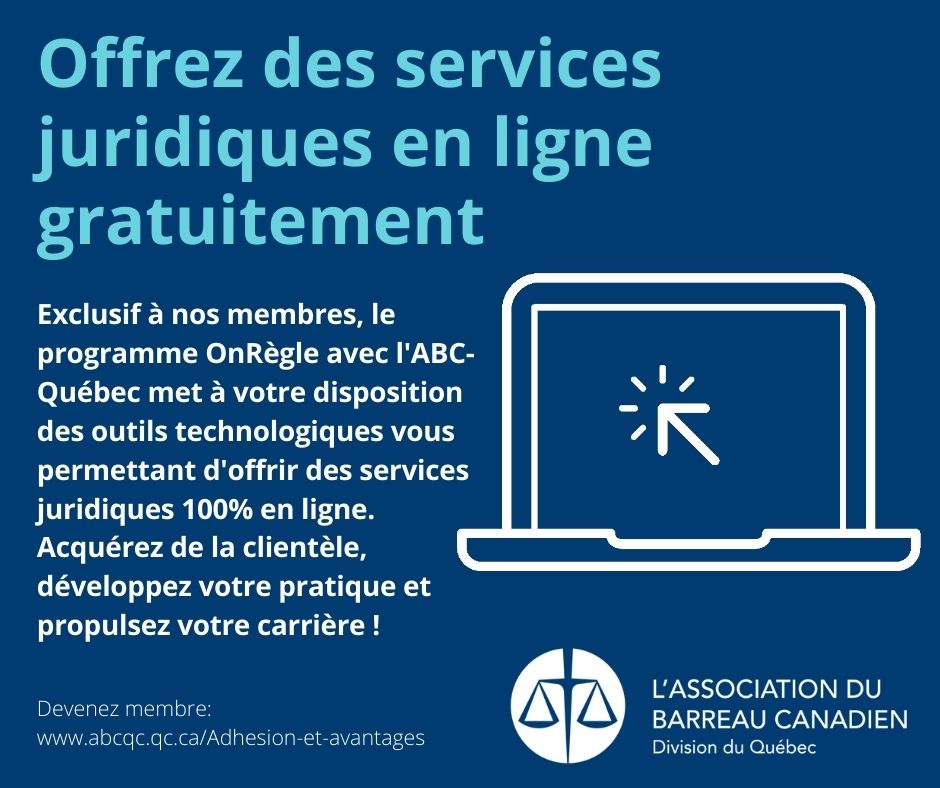Norton Rose Fulbright, Chadbourne Chase Merger as Project Pipeline Thaws
Another global law firm combination is in the works, with New York-based Chadbourne & Parke and international giant Norton Rose Fulbright in talks for a deal that would create a nearly 4,000-lawyer firm, with roughly $2 billion in combined revenues and particular strength in global energy sector deals, project finance and disputes.
Both firms confirmed the discussions on Thursday. A vote could come soon, with consideration by some committees and the firms’ partnerships within the next few weeks, according to a partner at one of the firms who has been involved in the talks.
The partner said the merger discussions have intensified since the summer of 2016, but cautioned, “this is not a done deal, it’s not finalized.” The combination would include all the partners and “nobody is being excluded,” the partner said.
The firms have vetted the merger to see if they fit culturally and financially, the partner said, adding that the U.S. practices of Chadbourne and Norton Rose Fulbright have comparable economic figures, including in revenue per lawyer and profits per partner.
The partner said some of Chadbourne’s overseas offices might be a part of the U.S. LLP of Norton Rose Fulbright, while other overseas offices may belong to other LLPs within the Swiss verein.
Merger Advantages
Chadbourne in recent years has struggled to maintain its position in the market and offset partner departures. Norton Rose Fulbright, meanwhile, would gain significant market share in the U.S. from a combination, including Chadbourne’s project finance group, often called its crown jewel.
Chadbourne’s head count and gross revenue have sunk each year from 2012 through 2015, according to ALM figures. The firm’s gross revenue in 2015 was $249 million, down 2.16 percent from the previous year and 14.3 percent from 2012. Meanwhile, its headcount has fallen about 15 percent between 2012 and 2015, when the firm had 318 attorneys.
As headcount declined, Chadbourne grew its revenue per lawyer by 6.8 percent to $785,000 and its profits per partner grew 2.25 percent to $1.135 million in 2015.
Norton Rose Fulbright, the product of a 2013 mega-merger between Houston-based Fulbright & Jaworski and London-based Norton Rose, has also seen its revenue slip. Last summer the firm announced $1.732 billion in global gross revenue for its 2015-16 financial year, down about 4.24 percent. The firm, which operates under the Swiss verein structure, had roughly $600,000 in profits per partner and $515,000 in revenue per lawyer across its various affiliates in its previous fiscal year, according to The American Lawyer’s Am Law 100 rankings in 2016.
Norton Rose has been through a succession of major mergers. It joined with Australian firm Deacons in 2010, then with Canadian firm Ogilvy Renault and leading South African firm Deneys Reitz in 2011. These were followed by a second Canadian merger with Calgary’s Macleod Dixon in 2012, while the union with Fulbright & Jaworski went live in the summer of 2013. More recently, it inked a deal with Vancouver-based firm Bull Housser & Tupper last month.
The verein, with its Texas roots in the U.S., has one of the largest oil and gas practices among large firms, advising oil and gas exploration and production clients in transactions, regulations and disputes. Linking up with Norton Rose Fulbright would give Chadbourne a larger platform to scale up its project finance business.
Chadbourne’s project finance team handles financing and project contracts for major infrastructure deals. It has focused extensively on renewable energy projects in recent years, but the firm may see its domestic practice shifting amid President Donald Trump’s focus on advancing massive oil pipelines and other infrastructure projects.
Those developments may make the practice especially attractive to Norton Rose Fulbright, said William Cobb, a firm consultant at Cobb Consulting in Houston. “I see it coming back now that Trump is going to relieve some of the regulations on these corporations,” Cobb said.
“A prospective union with Norton Rose Fulbright has the potential to enhance our capabilities and add tremendous value for the clients of both firms, but there are still a number of considerations left in this process, and it is premature to discuss these in any detail,” Chadbourne said in a statement.
Norton Rose Fulbright said a merger with Chadbourne could “provide an even stronger global platform for our clients, who would also benefit from our compatibility in both practice and industry focus. »
Finding a Partner
Chadbourne has long been in the market for a large-scale merger. It engaged in merger talks with Pillsbury Winthrop Shaw Pittman in 2015, although the discussions ended without a deal. Some industry observers have said Chadbourne has spoken with multiple other firms too.
The New York firm saw several prominent departures in the last year, whittling down the firm even more to core practices. Last December, Cooley added three international arbitration partners from Chadbourne, and in January, Margarita Oliva Sainz de Aja, an international partner in corporate and project finance practices, left to chair the Latin finance practice from North America at Baker McKenzie. Meanwhile, bankruptcy partner Douglas Deutsch joined Clifford Chance last summer.
Also last year, the firm’s lawyers in Warsaw peeled off and formed their own local shop, more than a decade after Chadbourne set up its outpost in Poland. Chadbourne said at the time that it continues to maintain ties with the local firm as part of its international network.
Chadbourne’s lateral partner additions in 2016, such as Romi Nayef from Greenberg Traurig in Dubai and Michael Solomita from Sheppard, Mullin, Richter & Hampton in New York, didn’t keep pace with its partner departures, according to ALM’s RivalEdge, which tracks lateral moves.
Legal industry observers said Chadbourne’s recruiting efforts may be stymied by a $100 million proposed class action lawsuit against the firm. The lawsuit, filed last year in Manhattan federal court by a current and ex-partner, alleges it is run by an « all-male dictatorship » that pays women partners less and provides them fewer leadership opportunities than men. The plaintiffs on Thursday filed papers formally seeking collective action status for the case.
Norton Rose Fulbright and Chadbourne happen to share the same office building in New York at 1301 Sixth Ave., where Chadbourne signed a 20-year lease in 2012 and moved into space vacated by failed firm Dewey & LeBoeuf.












